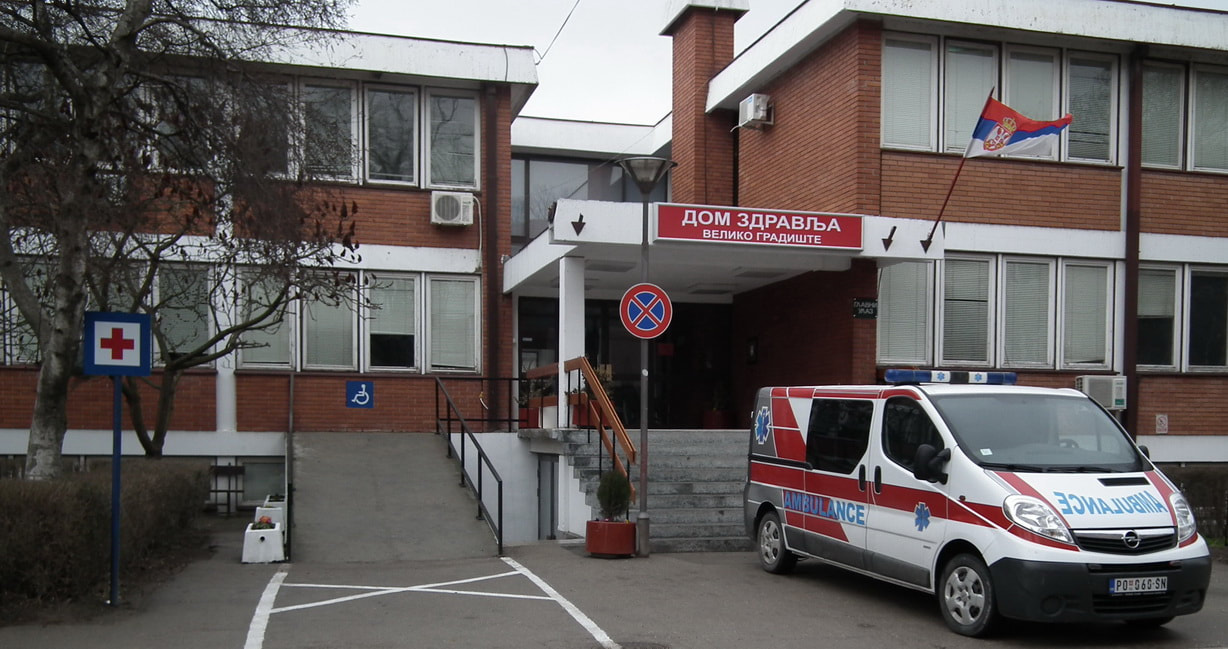Insomnia, irritability, rapid heart rate, fatigue, frailty, sudden weight gain or loss… these are some of the symptoms of improper functioning of the thyroid gland. The thyroid gland and the hormones it produces affect the proper functioning of the whole body.
In Serbia, there are over 100,000 people who suffer from thyroid gland disfunction, according to the 2019 data from the Institute of Public Health Dr Milan Jovanović Batut. Thyroid gland dysfunction affects women more than men and, according to data from Batut for 2018, women older than 75 years are the most affected by thyroid gland cancer.
In 2018, 103 men were diagnosed with this disease, with five of them unfortunately passing on. The figures are even grimmer among women: 281 women were diagnosed with cancer, while 15 of them passed on.
It is, therefore, crucial to take care of thyroid gland health which is why early diagnostics and treatment of thyroid gland cancer among patients living in the area of Kladovo and Timisoara are the main objective of an EU-funded programme.

Specifically, 2,000 citizens from the border area will benefit from early diagnostics and treatment of thyroid gland. Five regional health centres, which form part of the network for diagnosis and treatment of thyroid gland pathologies; equipment also went to Timisoara City Hospital, as well as the Health Centre in Veliko Gradište. Also, a regional register of thyroid gland diseases has been set up.
The Health Centre in Veliko Gradište takes care of some 25,000 people, including 27 villages and the Municipality of Golubac and Kučevo. Also, having in mind the specific geographical position of Veliko Gradište, it is worth mentioning that in the period from spring to autumn, this town is the destination for a large number of tourists, who also rely on the services of the local health centre.
The total value of the project amounts to over 1 million euros, of which the EU secured nearly 900,000 euros in grants.
According to the Health Centre, they are very happy with the cooperation with colleagues from abroad and with the new equipment, and they hope the project would be extended.

As a result of poor medical education among the local population, in most cases the diagnosis of thyroid gland cancer is late and the outlook is grimmer, which in turn requires sustainable efforts and increases the cost of healthcare.
Early diagnostics and treatment of this disease would increase patients’ quality of life and survival rate.
The project will benefit not only the target groups, but also medical professionals dealing with this pathology and the population in the EU. Join efforts would increase the quality of medical services and enable experience and knowledge exchange.
Over the last two decades, the EU has furnished hospitals, laboratories, public health institutes and blood transfusion centres, purchasing a total of 284 fully equipped ambulance vehicles, 122 of which are equipped with ventilators that are crucial for fighting Covid-19. Overall, the EU has supported the entire healthcare network of Serbia: through the European Investment Bank, with 250 million euros used for reconstruction and building of 20 large hospitals across Serbia, including the Torlak institute, as well as four university clinical centres in Belgrade, Niš, Novi Sad and Kragujevac; all of these institutions are engaged in fighting coronavirus.
More about EU’s support for public health in Serbia can be found here.




